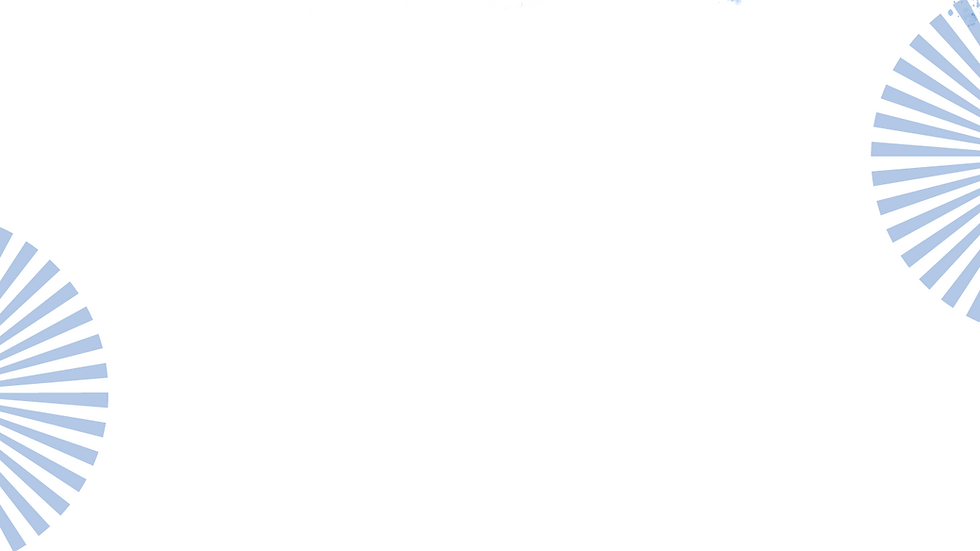
Canadian
Mathematical
Society


Deborah Hughes Hallett
Harvard Kennedy School and University of Arizona
Deborah Hughes Hallett is Professor of Mathematics at the University of Arizona and Adjunct Professor of Public Policy at the Harvard Kennedy School. With Andrew M. Gleason at Harvard, she organized the Calculus Consortium based at Harvard, which brought together faculty from a wide variety of schools to work on undergraduate curricular issues. She is regularly consulted on the design of curricula and pedagogy for undergraduate mathematics at the national and international level and she is an author of several college level mathematics texts. In 1998 and 2002 and 2006, she was co-chair of the International Conference on the Teaching of Mathematics in Greece and Turkey, attended by several hundred faculty from about 50 countries. She has designed courses in Brunei, Colombia and Niger. She was awarded the Louise Hay Prize and elected a fellow of the American Association for the Advancement of Science for contributions to mathematics education. Her work has been recognized by prizes from Harvard, the University of Arizona, and as national winner MAA Award for Distinguished Teaching and AMS Award for Impact on the Teaching and Learning of Mathematics in 2022.
Harnessing the Curiosity of Today’s Students—Tomorrow’s Decision Makers
Sunday June 4, 2023 | 11am - 12pm
Data illuminates many of the world’s challenges—climate change, pandemics, inequality, injustice, recessions. Yet over the past few years there has been an uptick in skepticism: climate denial, vaccine hesitancy, and disinformation. What is the role of mathematics in these debates? This talk will argue that mathematics should embrace a major role. Engaging future citizens with data is our business—and arguably our responsibility—and certainly it is in the interest of society.
How do we engage students in understanding and critiquing data? We have a powerful ally in students’ curiosity. While curiosity can’t be dictated, it can be harnessed! Students see the world through their own lenses, yet we all share the same data. Harnessing their natural curiosity to gain insight into the worlds challenges showcases the mathematical sciences as central to the students’ and the world’s future.